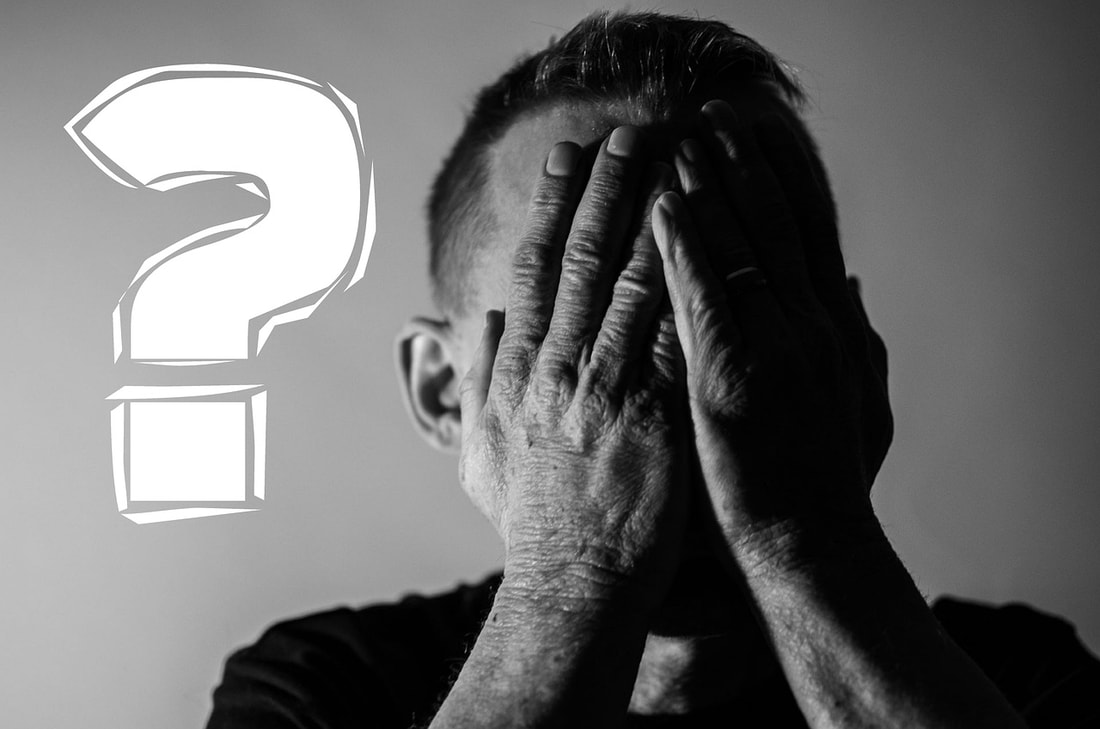|
Does making mistakes help you grow? Do they help you become better than you were yesterday? Yes to both of those questions. Virtually everyone wants to become their best, whether it is wanting to influence major changes the world – like Mahatma Gandhi, Martin Luther King Jr, Nelson Mandela or Mother Teresa - or just being the best person you can be and positively impacting the lives of the others you care about. However, achieving the best version of yourself doesn’t come easy, and it doesn’t come overnight. Learn how making mistakes can help you grow into the person you were meant to be. You may be thinking, “How does making mistakes help me become a better person? Mistakes are often considered undesirable; how can that help me become better?” In many respects you are right. Most people often view mistakes as undesirable, but most also realize that they are virtually unavoidable; we are only human, after all, and human beings do make mistakes from time to time - no one is perfect. In fact we often think that things are perfect, and sometimes we even think that we are perfect. Perfection only exists in our mind, while others think that we are not perfect at all, nor is the project we might be working on perfect in any sense of the imagination. There is always room for improvement. When you make a mistake, you need to understand why the mistake occurred in the first place and how to prevent it from happening in the future. Then, the mistake is worthwhile and can help you grow as a person. This is because you know what you need to do to avoid it, and how to proceed so that you can complete your best work. It wasn’t long ago when Peter made a mistake and fortunately he had a supervisor that understood that mistakes are inevitable. The first thing he did was to own the mistake and indicate that it was his responsibility to correct it. But Peter didn’t know how. After listening to his story, his supervisor said to him, “What did you learn from the mistake?” That took him aback a bit but after thinking about it he was able to point out a couple of things he had learned. Look she said, “When you make a mistake, realize that we all make mistakes then consider what you did in terms of the situation, what were the factors leading you to make the mistake, think about how you can do it better next time and then develop an action plan to improve the situation or yourself. Taking responsibility for the mistake is a good thing but doing something about it is better.” What Peter’s supervisor did was not give him an answer about how to correct the mistake but gave me a process about how to analyze the mistake and then move on to correct it. So what happens if you don’t know how to correct it – in other words you don’t have the skills to correct the mistake. You really didn’t know how to do it in the first place, but you tried anyway and it didn’t go right. Well that sounds like a skill deficiency and the first thing you need to do is skill-up. Improve your skills so that you can avoid making the mistake again. Mistakes are truly unfortunate or undesirable when we repeat the same or similar mistakes over and over again, a sure sign that we haven’t learned from them. As the old saying goes, “Fool me once, shame on you; fool me twice, shame on me.” This saying suggests that mistakes are not the undesirable factor most make them out to be. When we actually learn why we made the mistake and how it occurred we can then avoid it in the future. This is how mistakes can help you become the best version of yourself. Finally making mistakes leads to wisdom. Wisdom often comes out of experiences we have had as well as the experiences of others. When you learn from your mistakes and take corrective action you are training your mind to avoid the mistake in the future. And, in the process you are gaining much needed wisdom. Anton Chekhov says, “ Wisdom…comes not from age, but from education and learning.” So, becoming wise is a quality you can acquire through learning from your experiences and those of others. In conclusion, don’t see mistakes as something bad or undesirable. Learn from the experience the first time a mistake occurs so that you can keep the same or similar mistakes from happening again. Take note of the situation when you made the mistake. That will lead you to why you made the mistake in the first place and then you can take the necessary steps to keep the mistake from happening again. By learning the actions and skills necessary to prevent a mistake from occurring again, you are taking positive steps to improve your skill set and gain wisdom, and reach your full potential. Thank you for reading and as always, stay safe, keep healthy and continue becoming the best version of yourself. Richard
0 Comments
Leave a Reply. |
Categories
All
Archives
June 2024
|



 RSS Feed
RSS Feed


